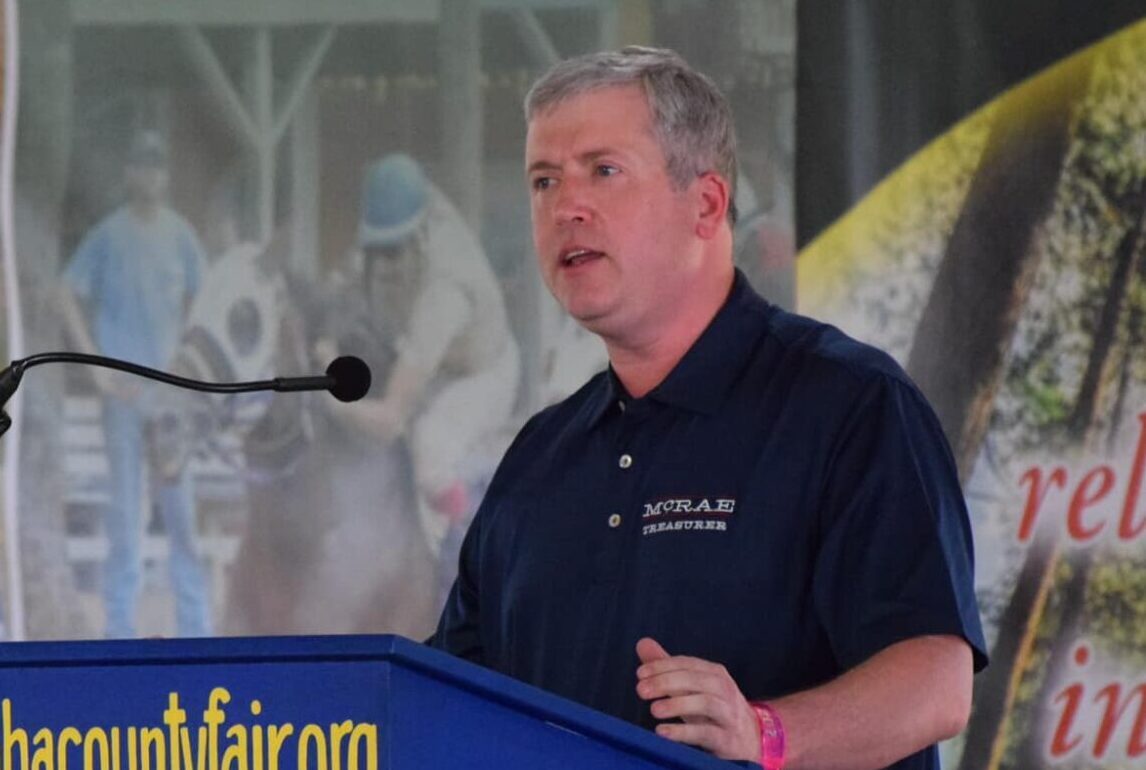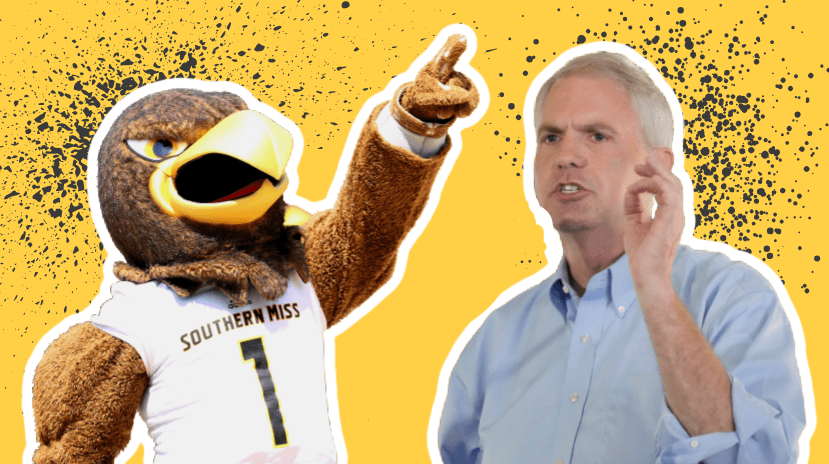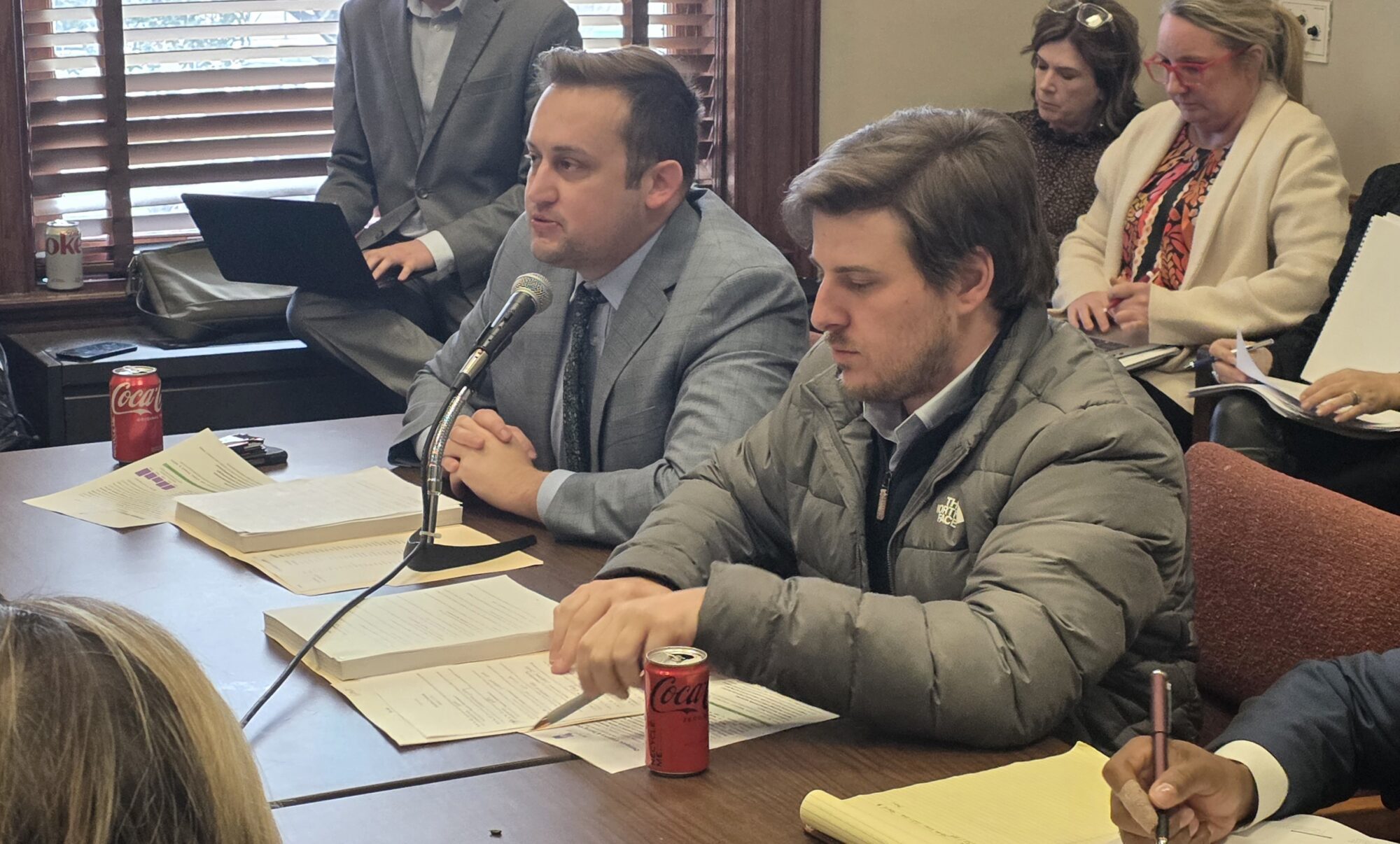
Dr. Bob Graboyes
For his first column at Magnolia Tribune, nationally recognized health care expert Bob Graboyes dives deep into his Mississippi experience.
For my first Magnolia Tribune column, here’s why I’m delighted to write for people whose state I’ve visited precisely three times. As an economist, my columns will focus heavily on healthcare and policy. But history, music, science, and literature will also figure in my writings.
My story begins in 1954 in Petersburg, Virginia, where the Civil War ground to its end. As kids, we played on eroding entrenchments that were not yet a century old. Brown v. Board of Education followed me by four months, and, borrowing words from William Faulkner, “my own little postage stamp of native soil” was, like Mississippi, roiled by the struggle for civil rights.
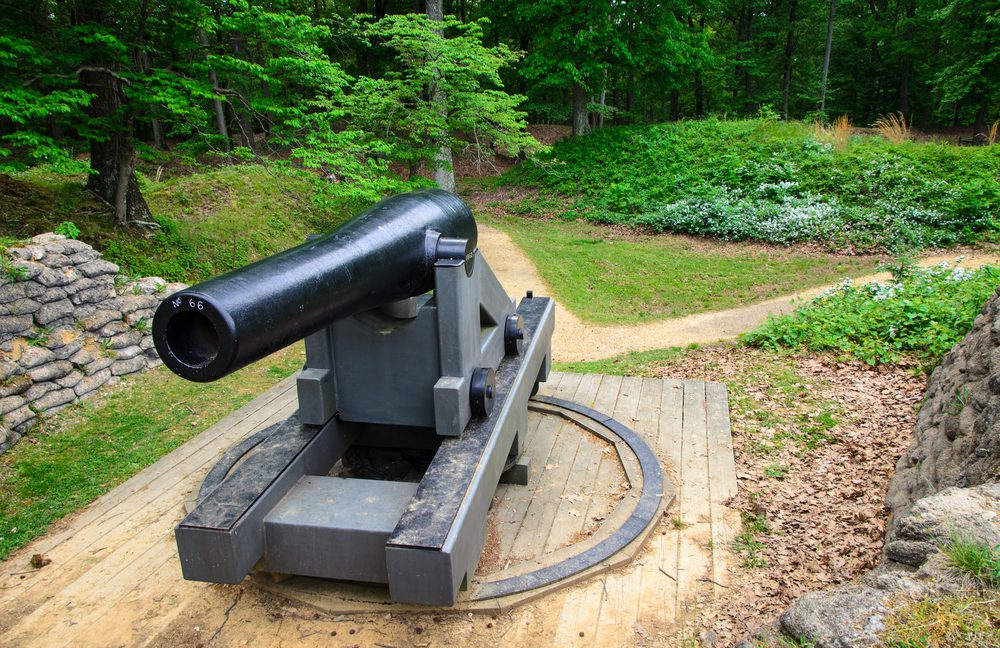
Petersburg’s wounds haven’t fully healed, recalling another quote from the Bard of Oxford: “The past is never dead. It’s not even past.”As an English major at the University of Virginia, I read nearly everything Mr. Faulkner wrote.
Fifteen years earlier, Faulkner had spent two years at the University, and his presence was still palpable. Professor Douglas Day had just restored Faulkner’s long-lost novel, Flags in the Dust and, to assist me in my research, he arranged for me to spend a whole morning alone in a room, thumbing page-by-page through the original handwritten manuscript of The Sound and the Fury. The pages in my hands felt as fragile and sacred as the Dead Sea Scrolls.
My interest in Mississippi didn’t begin and end with Faulkner—or Eudora Welty, Richard Wright, Shelby Foote, or Tennessee Williams. Love of history led me to Mississippi’s Spanish connections, Aaron Burr’s schemes, Vicksburg, the Free State of Jones, and the Great Flood of 1927.
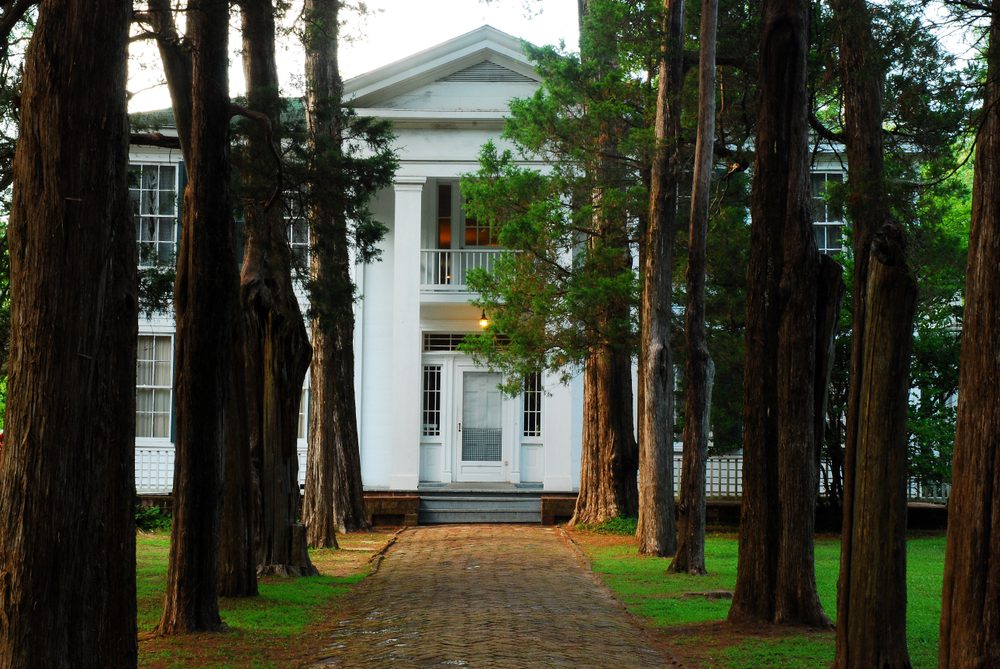
In 1810, Fulwar Skipwith, who grew up outside of my hometown, became governor (president) of the short-lived Republic of West Florida (now eastern Louisiana), which hoped to conquer Southern Mississippi.
In August 1969, we Virginians watched Hurricane Camille ravage your coast, never suspecting that the storm would soon disguise itself, sneak across the Appalachians, and devastate our own state.
Even my trees have had Mississippi connections. The most prominent tree in my parents’ front yard was a lovely tupelo. Each autumn, though, my mother cursed the tree, as its purple berries coated the soles of our shoes and menaced her golden carpeting. Today, my own front yard is dominated by a magnificent magnolia that I curse each summer as it showers my yard with a thick, unceasing rain of hand grenades and leathery leaves.
I’m a musician, awestruck by Mississippi’s contributions—Robert Johnson, Sam Cooke, B.B. King, Charley Pride, Bobbie Gentrie, Jimmie Rodgers, Elvis Presley, countless others. My beloved Virginia never produced anything comparable, save for a few top-tier bluegrass and country artists from our Appalachian counties. Some time, I’ll share my theory as to why your state so outdistanced mine in music and literature.
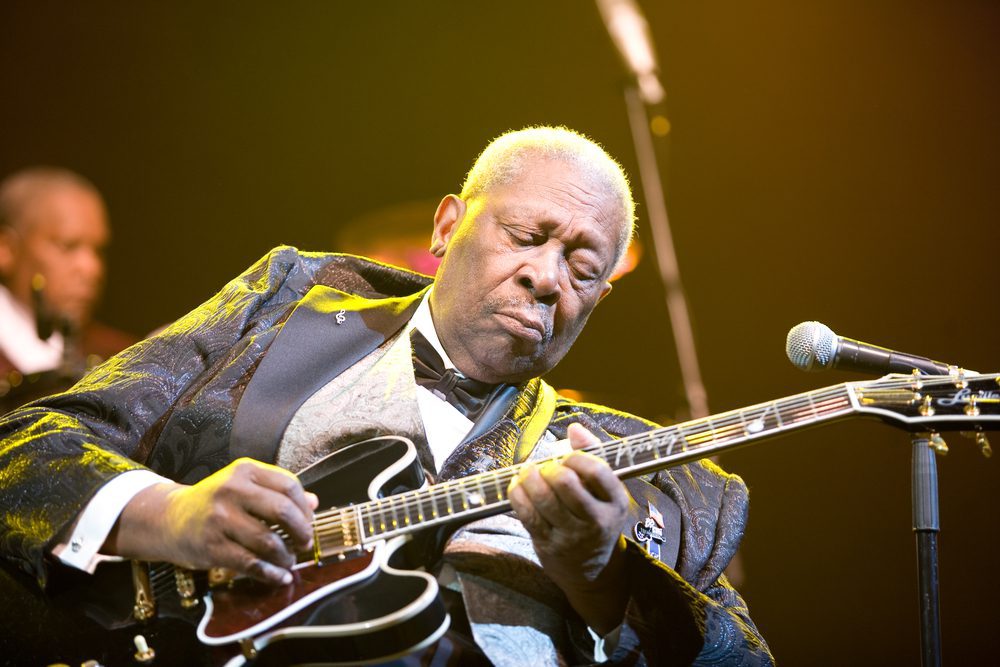
As for those three visits …
In September 2010, after a speech in Memphis, I drove south, touring the architectural gems of Holly Springs, where Robert Altman had filmed Cookie’s Fortune. I spent hours at the Marshall County Historical Museum—the most wonderful local museum I’ve ever visited. I knocked on the door of the iconic Graceland Too; sadly, it was closed and is now gone forever.
Farther south, I made my decades-overdue pilgrimage to Faulkner’s Rowan Oak, visited Ole Miss, and savored my first Mississippi tamales.
In April 2012, after speaking in New Orleans, I took my son for a road trip along the Gulf to Alabama. We were struck by the beauty of Mississippi’s coastline. Regrettably, we couldn’t get into the Ohr-O’Keefe Museum of Art, where I had hoped to see the ceramics of the Mad Potter of Biloxi. (A friend owned at least one, and I was dazzled by Ohr’s work.)
In September 2019, after publishing articles on Mississippi’s medical licensure and telemedicine, I spoke in Jackson, toured your Capitol, met with healthcare providers, and had fine barbecue. An emergency room nurse practitioner told me a story that has haunted me since: A man came in one day from a remote county. He had a treatable condition that was painful, dangerous, and grotesque. But over 15-20 years, he had never had it examined.
“Why,” the nurse asked, “did you finally come in today?” He answered, “Because today was the first time I was ever able to get a ride into town.” In Washington, DC, where I have long worked, policymakers dream up expensive, complex fixes for healthcare—rarely thinking of things as simple as getting a patient a ride.
Finally, writing for the Magnolia Tribune is something of a homecoming for me. In the late 1970s,
between Faulkner and economics, I was a small-town newspaper reporter, taking joy in writing about strangers with surprising stories. It pleases me to revisit that work in a state I’ve watched from afar.
Thanks for welcoming me.

